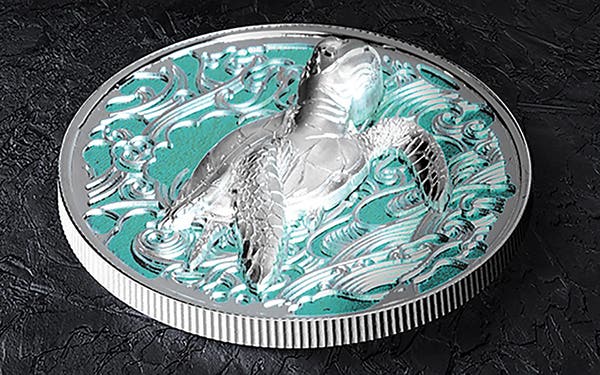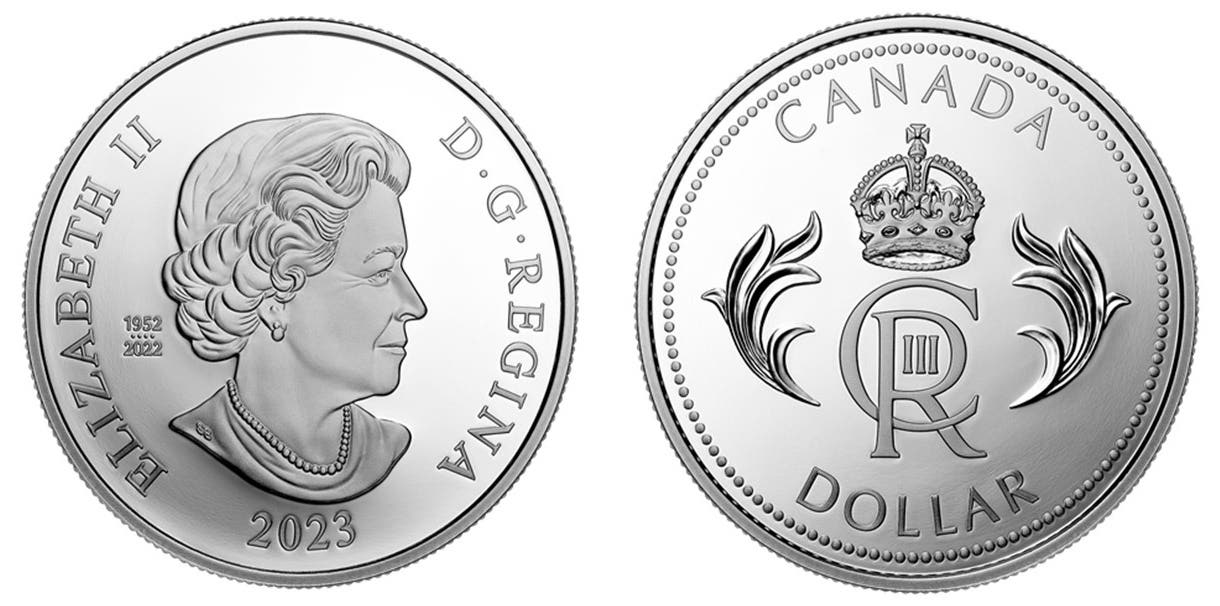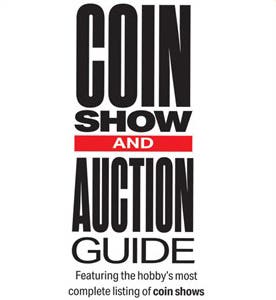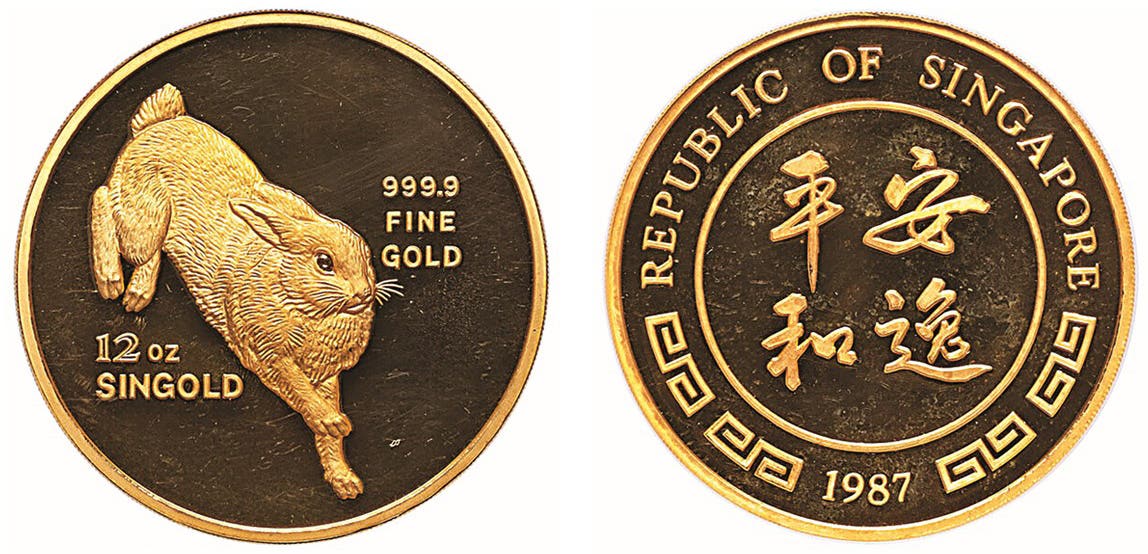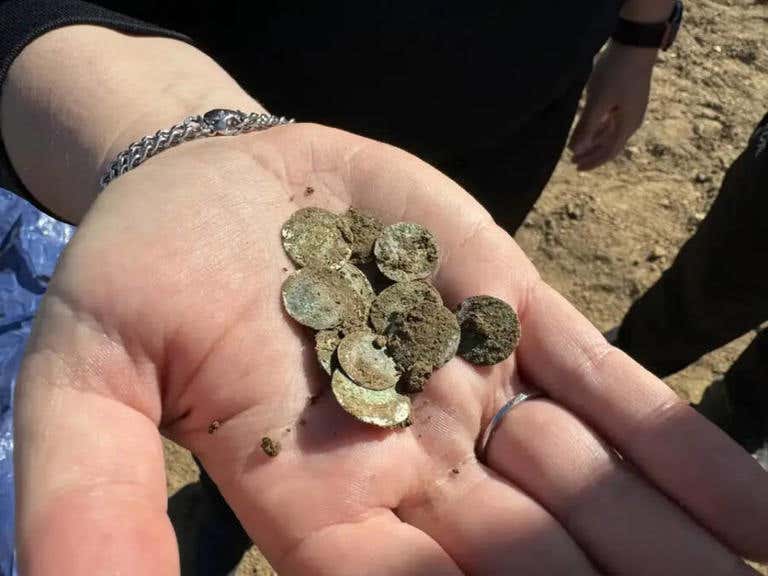Crime Doesn’t Pay
British Treasure Trove laws are some of the most reasonable anywhere. These laws protect the landowner where something is discovered, allow museums and researchers the opportunity to study and perhaps…
British Treasure Trove laws are some of the most reasonable anywhere. These laws protect the landowner where something is discovered, allow museums and researchers the opportunity to study and perhaps acquire important finds, and rewards the finder. Treasure found in the United Kingdom belongs to the crown and Treasure Valuation Committee. The committee determines how the find will be shared by the finder and landowner.
In many other countries, the state is declared the sole owner, leaving the finder without any remuneration for his trouble. This encourages some finders to secret away their discovery, then selling the find into the black market.
Unfortunately, even in Great Britain, there are treasure hunters who don’t abide by the rules. In June 2015 George Powell surrendered three “not particularly valuable” coins to home and property tenant Yvonne Conod near Eye Court Farm, Leominster, Herefordshire. Powell had asked permission from Conod to sweep the land with a metal detector. The 208-acre dairy and crop farm belongs to Lord Cawley.
In Worcester Crown Court testimony in early October, Conod said George Powell at one point told her he had found “something valuable” in her field, but she heard nothing further about it.
According to testimony published in the Oct. 7 The Independent newspaper Conod said, “The first time he [Powell] came to the door there was nobody with him. He had a car and he asked if he could go into my field. I said ‘yes that’s fine’.”
“I did not think there was anything wrong about it. I saw his car there on a number of other occasions. When he came with the coins he was on his own. He said he had found something and he gave me three coins.”
“I never saw the other man [Layton Davies] until a long time after. The man said he thought they found something of value and I never thought any more about it.”
Conod’s son Mark is a tenant farmer on the property. Mark Conod said he was shown photographs of a bracelet and gold ring, but Powell failed to tell him about a ninth-century silver ingot, a fifth-century crystal ball pendant, and 300 coins.
According to The Independent, “The hoard was estimated to have been hidden in the ground more than 1,100 years ago and came from two separate areas of England.” Further details of the coins were not available at the time this article was being written. It is likely the coins are Anglo-Saxon silver pennies.
Mark Conod said, “A couple of weeks after, he [Powell] showed me some coins he found. He left them with my wife. He was on his own when he came to the house with the bits and pieces. He sent pictures. I only heard from him again when he said he had found something on mum’s field. He said he found a bracelet and a ring. He never showed us the items. He never told us about coins.”
Mark Conod continued, “He said he had reported them to a museum. I presume they were in a museum. He did not produce them. He said they [the ring and bracelet] were Anglo Saxon and he was excited. I did not know if they were valuable, I didn’t have a clue. It was mum’s field where he said he found it.”
Under the Treasure Act 1996, the finders are required to report to a museum or local coroner any treasure consisting of at least 10 coins containing less than 10 percent gold and silver or at least three coins if the coins are more than 300 years old.
Powell and Simon Wicks are accused of conspiring with Paul Wells and Layton Davies, who actually made the discovery, with conspiracy to convert criminal property by selling it. A verdict had not yet been reached at the time this article was published.



